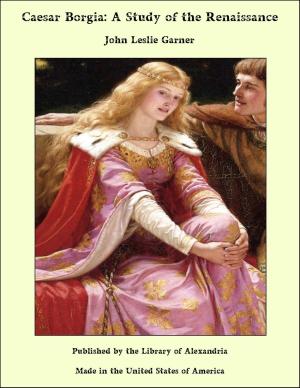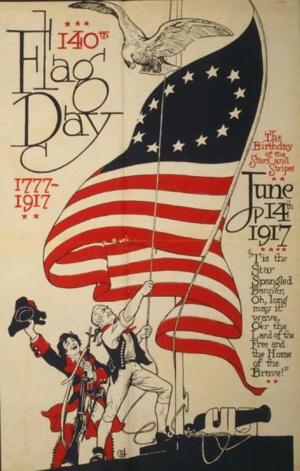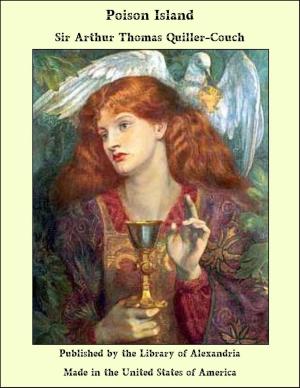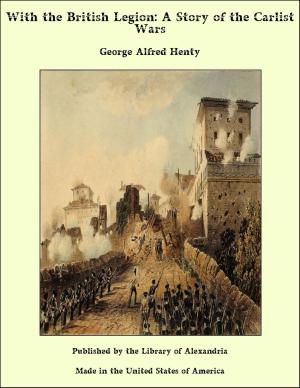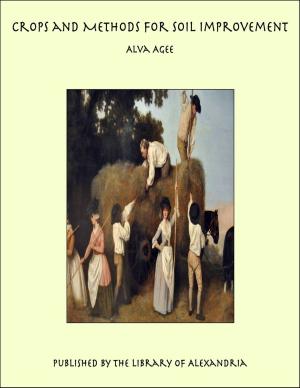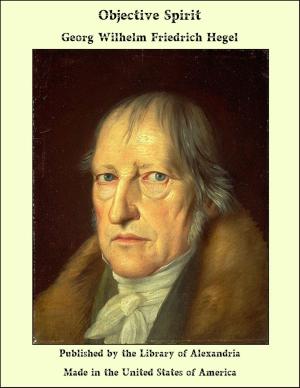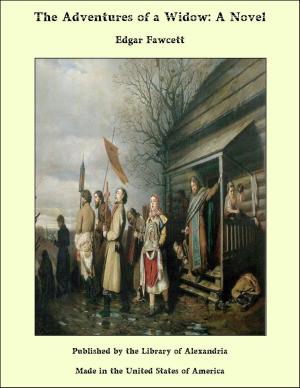Lost Sir Massingberd: A Romance of Real Life (Complete)
Nonfiction, Religion & Spirituality, New Age, History, Fiction & Literature| Author: | James Payn | ISBN: | 9781465614148 |
| Publisher: | Library of Alexandria | Publication: | March 8, 2015 |
| Imprint: | Language: | English |
| Author: | James Payn |
| ISBN: | 9781465614148 |
| Publisher: | Library of Alexandria |
| Publication: | March 8, 2015 |
| Imprint: | |
| Language: | English |
In a midland county, not as yet scarred by factories, there stands a village called Fairburn, which, at the time I knew it first—many, many years ago—had for its squire, its lord, its despot, one Sir Massingberd Heath. Its rector, at that date, was the Rev. Matthew Long; and at the Rectory, when my story commences, there was in pupilage to the said rector a youth, one Peter Meredith, who has since grown up to be the present writer. When we are small, all things seem vast to our young minds; good men are saints, and evil ones are demons. I loved Mr. Long, therefore, although he was my tutor; and oh, how I feared and hated Sir Massingberd! It was not, however, my boyhood alone that caused me to hold this man as a monster of iniquity; it was the opinion which the whole county entertained of him, more or less. The people of Fairburn trembled before him, as a ship's company before some cruel captain of fifteen years back—I mean, of fifteen years before the period of which I write. Press-gangs had not very long ceased to do their cruel mission; there were old men in our village who had served their time in His Majesty's ships, very much against their will; there were gaps in poor families still, which might or might not be filled up; empty chairs that had so stood for a score of years perhaps, waiting for still expected occupiers; fathers of families, or the props of families, in sons and brothers, had been spirited away from Fairburn (even a little while ago), and had not come back again yet. They had been poachers, or radicals, or sectaries (as Dissenters were then called), or something else distasteful to Sir Massingberd's father; and they had been carried off to sea at his command. Let not my young readers imagine that I am exaggerating matters; I write of a state of things of which they have not the remotest conception, but which I remember perfectly well. They have reason to thank Heaven that they did not live in those times, if they happen to belong to those unprosperous classes which were then termed collectively, "the mob;" there were no such things as "skilled workmen," or "respectable artisans," in those days. The "people" were "the Great Unwashed." To build a Crystal Palace for such as they were held to be, would have seemed to be the height of folly; they would have taken no other pleasure in it than to smash every pane with brickbats—for were they not "the dangerous classes"? Such opinions were beginning to die out, indeed, but they were held still by many great people, and Sir Massingberd Heath was one of them. Reared in a clergyman's family, and a clergyman myself, I have been a Conservative in politics all my life, and in that belief I shall die; but rank and power are no excuse with me for evil deeds. In the chamber of my nephew John, who "takes in everything," as the phrase goes, I once discovered a democratic magazine, edited by a gentleman whose surname I forget, but who had a great multitude of initials.
In a midland county, not as yet scarred by factories, there stands a village called Fairburn, which, at the time I knew it first—many, many years ago—had for its squire, its lord, its despot, one Sir Massingberd Heath. Its rector, at that date, was the Rev. Matthew Long; and at the Rectory, when my story commences, there was in pupilage to the said rector a youth, one Peter Meredith, who has since grown up to be the present writer. When we are small, all things seem vast to our young minds; good men are saints, and evil ones are demons. I loved Mr. Long, therefore, although he was my tutor; and oh, how I feared and hated Sir Massingberd! It was not, however, my boyhood alone that caused me to hold this man as a monster of iniquity; it was the opinion which the whole county entertained of him, more or less. The people of Fairburn trembled before him, as a ship's company before some cruel captain of fifteen years back—I mean, of fifteen years before the period of which I write. Press-gangs had not very long ceased to do their cruel mission; there were old men in our village who had served their time in His Majesty's ships, very much against their will; there were gaps in poor families still, which might or might not be filled up; empty chairs that had so stood for a score of years perhaps, waiting for still expected occupiers; fathers of families, or the props of families, in sons and brothers, had been spirited away from Fairburn (even a little while ago), and had not come back again yet. They had been poachers, or radicals, or sectaries (as Dissenters were then called), or something else distasteful to Sir Massingberd's father; and they had been carried off to sea at his command. Let not my young readers imagine that I am exaggerating matters; I write of a state of things of which they have not the remotest conception, but which I remember perfectly well. They have reason to thank Heaven that they did not live in those times, if they happen to belong to those unprosperous classes which were then termed collectively, "the mob;" there were no such things as "skilled workmen," or "respectable artisans," in those days. The "people" were "the Great Unwashed." To build a Crystal Palace for such as they were held to be, would have seemed to be the height of folly; they would have taken no other pleasure in it than to smash every pane with brickbats—for were they not "the dangerous classes"? Such opinions were beginning to die out, indeed, but they were held still by many great people, and Sir Massingberd Heath was one of them. Reared in a clergyman's family, and a clergyman myself, I have been a Conservative in politics all my life, and in that belief I shall die; but rank and power are no excuse with me for evil deeds. In the chamber of my nephew John, who "takes in everything," as the phrase goes, I once discovered a democratic magazine, edited by a gentleman whose surname I forget, but who had a great multitude of initials.




